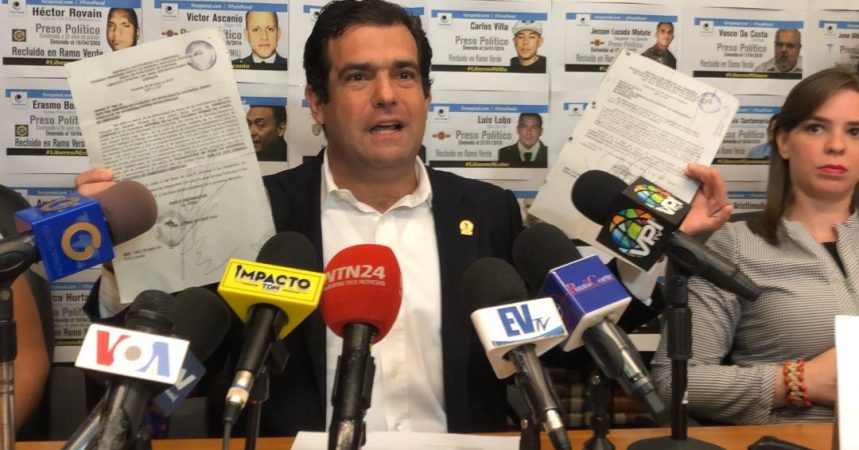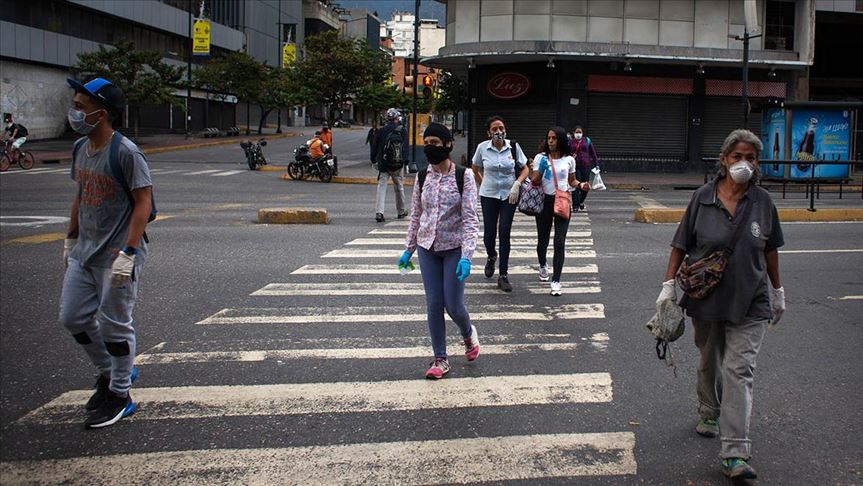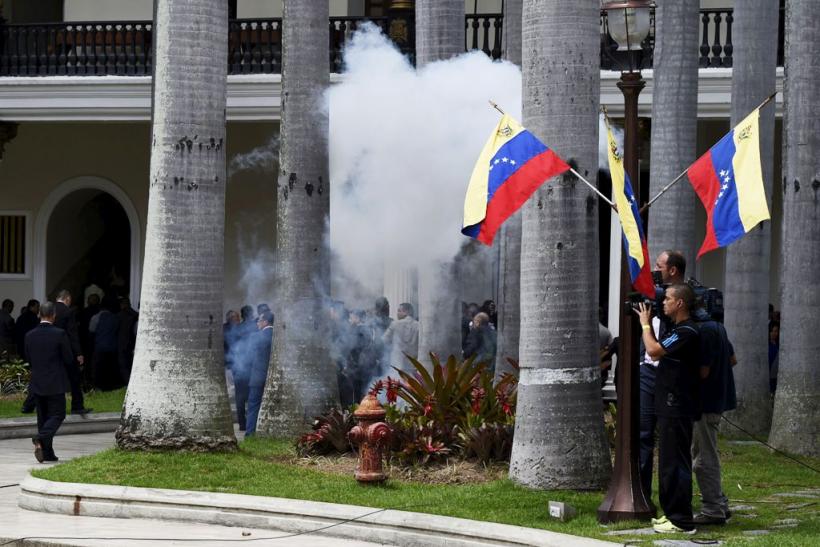My name is Beatriz Borges, I am a lawyer, specialist in Human Rights and director of the Center for Justice and Peace.
Since I was in college I learned about the activities that were carried out in the field of Human Rights and it was there when I understood that my passion for law and my civic engagement could merge if I worked in favour of human rights.
In this space, I learned about the responsibility and the actions that the State should take regarding human dignity and that Human Rights should not only be seen from a legal point of view but must also respond to a more comprehensive vision that combines expertise from different areas.
The environment of repression and criminalization of the exercise of rights was what led me to found CEPAZ; I felt motivated to conduct workshops on Human Rights. In these trainings there were people who told me: “If I had known this before, my response to this arbitrariness of which I was a victim would have been different.”
At that time we understood the importance of civic awareness when demanding rights and regarding the human organization that is necessary to be able to demand them. It was not necessary to be an advocate to defend human rights, any citizen could do it.

Along with CEPAZ, the Network of Citizen Activists (REDAC) was created and with it, the possibility of citizen empowerment in favor of Human Rights was born. Now we could work with conscientious people, organized through collaborative networks for human rights and who followed the methodology of the 3 Ds for Human Rights: documentation, denunciation, and dissemination.
Within the framework of the impulse of REDAC, we realized the importance of documenting matters concerning civil and political rights, specifically political persecution. We have followed this up for years, and CEPAZ reports have produced tangible results.
At the beginning of 2014, the persecution against dissents was not seen as a human rights issue, but today it has been recognized as a State policy by the Fact-finding mission. This shows that through these warnings and this monitoring carried out by human rights activism networks we were able to identify a situation that has been recognized in United Nations reports.

Working with CEPAZ has been fulfilling. At the beginning we just wanted to create a national network of volunteers, and today we are present in 14 countries thanks to many members of the network who were previously in Venezuela and have had to leave the country for different reasons. It makes me very happy that the activities, the networks and the monitoring work has been preserved.
On several occasions I have met people who have told me that they know what we do and that thanks to it, nowadays they defend human rights, that is to say, that in one way or another the work of CEPAZ has inspired others to keep on working and that motivates me a lot because sometimes we have doubts of the outreach of our actions.
Despite this, we continuously face challenges because all the people who are in Venezuela are affected by the complex humanitarian emergency since 2017, and that is why we must protect those who still live in Venezuela and work for human rights, and acknowledge that thanks to these people what happens in Venezuela is worldwide-known.
For 2 years I’ve been working outside Venezuela. Part of the new dynamics of the organizations is that many people on their teams have to work outside Venezuela because the country pushes them to do so, for personal reasons, or because they’re forced to leave.
Now that I am no longer in Venezuela, I focus more on helping connect Venezuelan CSOs with international spaces. The purpose of my work is to ensure that the international response is more comprehensive and coordinated and that the issue of Venezuela is on the international agenda.

I remain connected to Venezuela, to its people, to the human rights work carried out in the country, because everything that happens in Venezuela is connected to my daily activities. It motivates me to know that things can change and that we can all do something to make that change happen. It also motivates me to work in favor of making girls and women be the leaders of this change to guarantee equality in Venezuela.
Working for human rights and peace is something we do for future generations, it is not a short-term duty. In the case of Venezuela, the devastation has taken place over a long period of time and therefore, the restoration will require the involvement of many of those people who make up and will make up the new generations of defenders who will witness the lesson that a terrible moment in our history taught us and that I hope will not happen again.
I find it very inspiring to continue being part of Venezuelan civil society and to see how there are so many people who still believe in the country, weaving networks, and who do not allow human rights violations to become normal.
I lived in a completely different Venezuela than the one we live in today and I believe that, although we are facing very challenging times, we can work together to recover and rebuild a Venezuela where democracy exists and human rights are respected. I hope that, in the future, when we have already achieved the ideal country that we all want, we will remember this generation that has suffered so much, as the generation that did not give up and whose work managed to lay the foundations of a Venezuela that is abundant in peace, security, and sustainable development.
Translation by: Pascual Díaz




